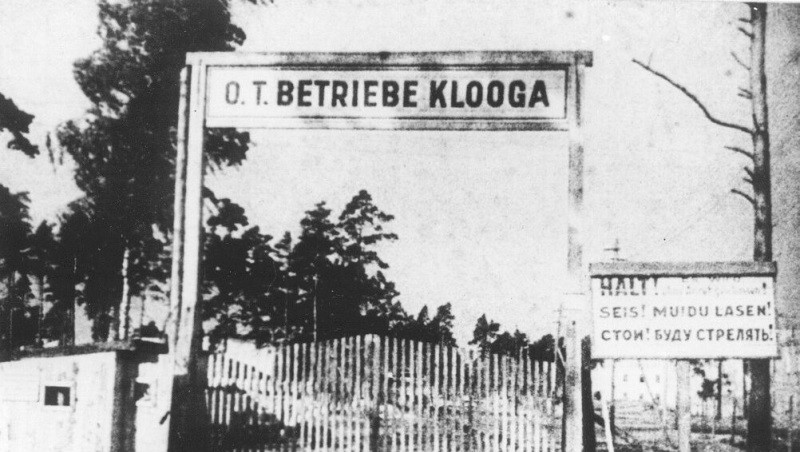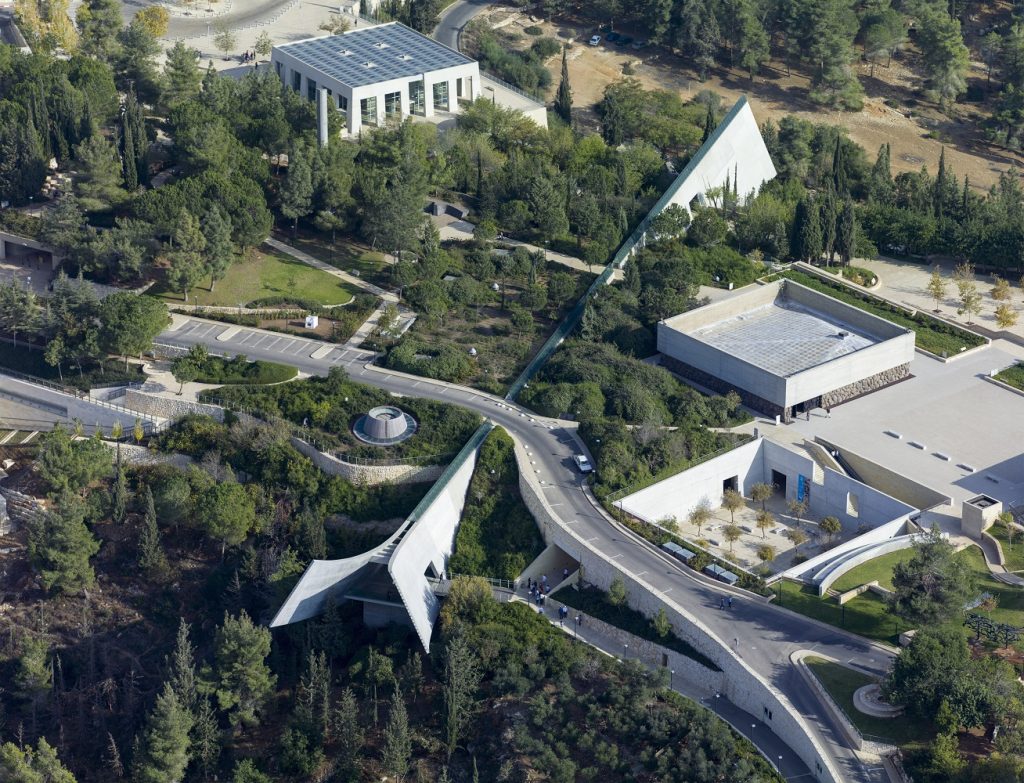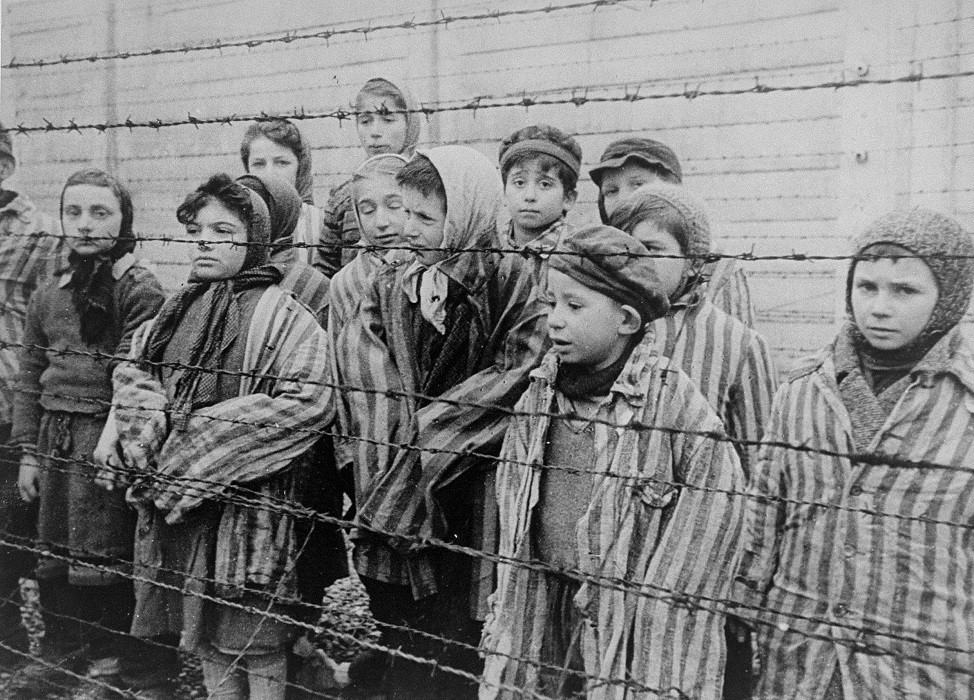None of the Estonian leaders will represent the country in Israel at a high-level Holocaust remembrance event on 23 January even though almost all European Union member states will attend.
The Estonian president, Kersti Kaljulaid, is currently in Antarctica with an expedition celebrating the bicentennial of the discovery of the continent.
The country’s prime minister, Jüri Ratas, on the other hand, is in Davos, Switzerland, attending the 50th World Economic Forum.
The speaker of the Estonian parliament, Henn Põlluaas, isn’t going to attend the event either. Põlluaas told the Estonian Public Broadcasting that he’s otherwise engaged and that he hadn’t received an invitation to the event.
A country to whom tragedy shouldn’t be alien
The Estonian foreign ministry told the Public Broadcasting that president Kaljulaid did send a personal message for a book to be published for the occasion.
The vice chairman of the Foreign Affairs Committee of the Estonian parliament, Marko Mihkelson, wrote on Facebook that if the Estonian leaders will ignore the Holocaust remembrance day event in Jerusalem, it’s yet another example of the country’s foreign policy succumbing to self-isolation.
“After all, lest we forget that at the Jerusalem Yad Vashem memorial, where the event is taking place, the first display is from the Klooga death camp,” he added. The Klooga camp was a Nazi forced labour camp, established in September 1943 in Harju County, in German-occupied Estonia near the village of Klooga. It is estimated that 1,800-2,000 prisoners perished at Klooga from wanton killings, epidemics and working conditions, most of them Jews.

The Estonian member of the European Parliament, Urmas Paet, noted on his Facebook post that it’s “shameful that Estonia doesn’t participate at a Holocaust memorial event. We’re a country to whom a 20th century tragedy shouldn’t be alien.”
The neighbours of Estonia are attending
The Yad Vashem Holocaust museum in the Israeli capital, Jerusalem, is holding a World Holocaust Forum on 23 January, in remembrance of the 75th anniversary of the liberation of the Auschwitz death camp. Over forty royals, presidents, prime ministers and parliamentary leaders from Europe, North America and Australia will attend the Fifth World Holocaust Forum, entitled “Remembering the Holocaust, Fighting Antisemitism”, according to Yad Vashem.
The event programme will include addresses from a number of world leaders: the president of Israel, Reuven Rivlin; the president of France, Emmanuel Macron; the Prince of Wales, Prince Charles; the president of Russia, Vladimir Putin; and others.
Among the attendees are the president of the European Council, Charles Michel; the president of the European Commission, Ursula von der Leyen; the president of Finland, Sauli Niinistö; the speaker of the Latvian parliament, Ināra Mūrniece; and many more dignitaries.

The event in Jerusalem is taking place a few days before the International Holocaust Remembrance Day – an international memorial day on 27 January commemorating the Holocaust – the genocide that resulted in the deaths of six million Jews, by the Nazi regime and its collaborators during the Second World War.
10,000 Jews murdered in Estonia during the Holocaust
An estimated 10,000 Jews were murdered in Estonia during the Holocaust, most of them deported to Estonia from other countries. Before the Second World War, Estonia was home to approximately 4,300 Jews. After the first Soviet occupation, about 10 per cent of the Estonian Jews were deported to Siberia. About 75% of the Estonian Jews, fearing the approaching Nazi forces, fled to the Soviet Union on their own. Almost all the Estonian Jews who remained – around 950-1,000 people – were murdered by the Nazis and their local collaborators.
The Nazis and their allies also killed around 6,000 ethnic Estonians and 1,000 ethnic Russians who were accused of being communist sympathisers or the relatives of communist sympathisers.
The Nazi regime established 22 concentration camps in the occupied Estonian territory for foreign Jews, where they would be used as slave laborers. The largest, the Vaivara concentration camp, served as a transit camp and processed 20,000 Jews from Latvia and the Lithuanian ghettos. Usually able-bodied men were selected to work in the oil shale mines in northeastern Estonia. Women, children and old people were killed on arrival.
At least two trainloads of Central European Jews were deported to Estonia and were killed on arrival at the Kalevi-Liiva site near the Jägala concentration camp.
Cover: Young survivors at the Auschwitz death camp, liberated by allied forces on 27 January 1945 (Wikipedia).

